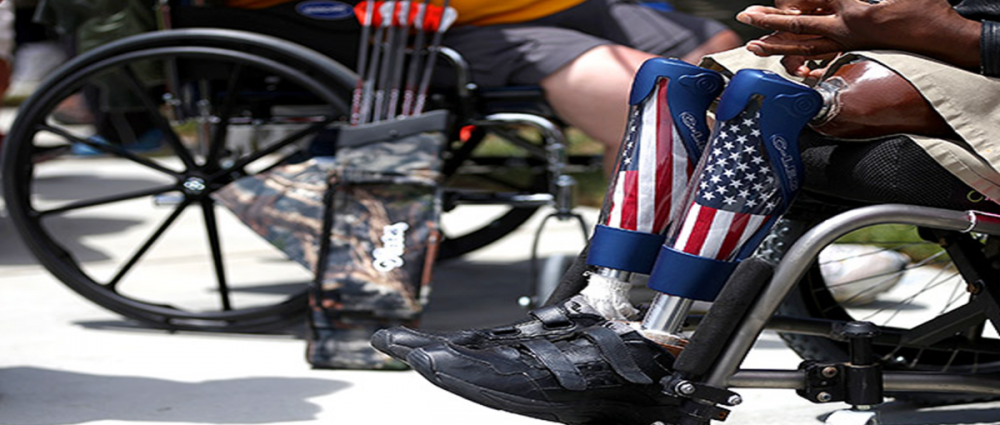People with disabilities are being threatened by Congress members that want to make changes to the Americans with Disabilities Act (ADA)! In case you’re not aware, this civil rights law prohibits discrimination against individuals with disabilities in all areas of public life. It has served as a mechanism through which many gains for people with disabilities have been achieved since it was implemented in 1990.
Please note: Prior to the Americans with Disabilities Act, it was much harder for Americans with disabilities to participate in mainstream society. Public places such as restaurants, train stations, etc were often inaccessible to people with disabilities (See also: Google needs your help tagging accessible locations).
About three weeks ago, the House Judiciary Committee held a markup hearing on September 7th where it voted in favor of HR 620 (aka the ADA Education and Reform Act of 2017). The final vote was 15 to 9 along party lines. The ADA Education and Reform Act of 2017 will now move to a full House floor vote. In other words, Congress is seriously considering the new ADA Education and Reform Act of 2017 (HR 620), sponsored by Rep. Ted Poe (R-TX). If passed, this legislation will significantly harm the current Title III right that people with disabilities have under the ADA. This gives people with disabilities the right to file civil lawsuits against proprietors of businesses that are not handicap friendly or go directly to the Justice Department for action.
Sen. Tammy Duckworth (D-IL), a disabled veteran and wheelchair user, recently made the following comments publicly: “It’s hard to believe this legislation advanced in the House this week. 27 years after the Americans With Disabilities Act became the law of the land, the notion that businesses in this country need more time to provide people with disabilities access to their services is ridiculous and offensive.”
The ADA Education and Reform Act of 2017, requires anyone seeking to file a lawsuit under Title III to first provide a written notice to the business owners in violation of the law. Their notice must cite very specific details regarding the provisions of the statute that apply to their particular case. Business owners would then have 60 days to acknowledge the violation and an extra 120 days to at least make “substantial progress” towards rectifying it. This means that under HR 620, places of public accommodation—which have had nearly three decades to comply with the Americans with Disabilities Act—would have another six months just to begin to rectify their violations of the law! This would make the ADA much harder to enforce, taking away the major motivation that businesses have had over the years to comply: fear of being sued.
People in favor of the proposed ADA Education and Reform Act of 2017, argue against too many ” frivolous lawsuits” under the current ADA. They specifically point to increases over the past several years in Title III filings, including a 37 percent increase in 2016 compared with 2015. However, a quick look at the numbers shows that this increase was caused by a small number of large-scale filers. A meager 12 individual attorneys and a single disability law firm were responsible for over one-third of all Title III lawsuits filed in 2016, accounting for more than 100 cases each.
What are your thoughts? Click here to see the ADA Education and Reform Act of 2017.
Related Posts:
>> Protecting the Rights of People With Disabilities Is Not Optional
>> The Americans With Disabilities Act Is Under Threat
>> Congress Makes Progress in Destroying the Americans With Disabilities Act
>> Robert L. Burgdorf Jr.: Why I wrote the Americans With Disabilities Act

